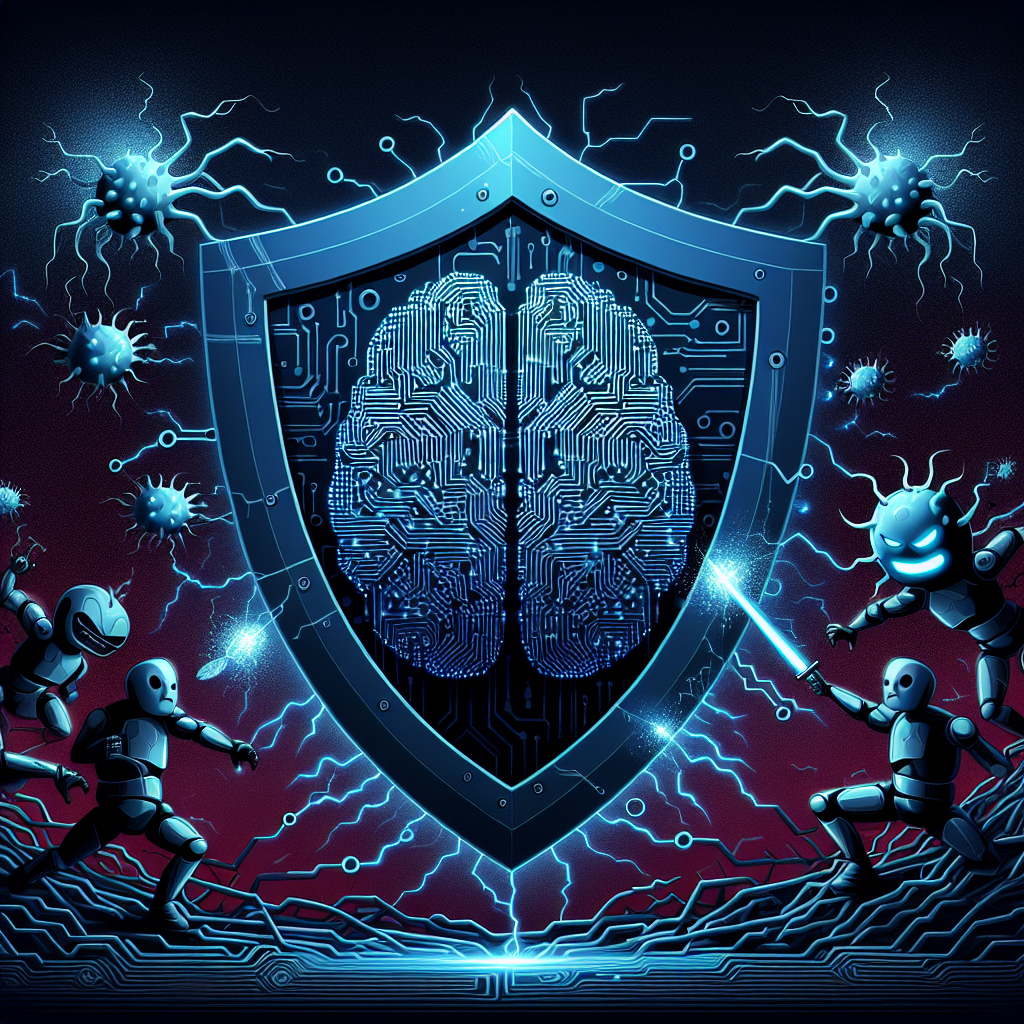Your cart is currently empty!
The Role of Artificial Intelligence in Cybersecurity: Enhancing Protection Against Cyber Threats

In recent years, the rise of cyber threats has become a major concern for individuals and organizations alike. With the increasing complexity and sophistication of these threats, traditional cybersecurity measures are no longer sufficient to protect against them. This is where artificial intelligence (AI) comes in, offering a powerful tool to enhance protection against cyber threats.
AI has the ability to analyze vast amounts of data at speeds that far surpass human capabilities. This enables AI systems to quickly detect and respond to potential threats in real-time, minimizing the damage that can be caused by cyberattacks. By using machine learning algorithms, AI can also adapt and learn from past incidents, continuously improving its ability to identify and prevent future threats.
One of the key roles of AI in cybersecurity is in threat detection. AI-powered systems can monitor network traffic, analyze patterns, and identify anomalies that may indicate a potential security breach. This proactive approach allows organizations to respond to threats before they escalate, preventing data breaches and other cyber incidents.
AI can also be used for threat hunting, where it actively searches for hidden threats within a network. By leveraging AI’s advanced analytics capabilities, security teams can uncover malicious activities that may have gone unnoticed by traditional security measures. This proactive approach can help organizations stay one step ahead of cybercriminals and prevent potential attacks.
Furthermore, AI can be used to automate routine security tasks, freeing up human resources to focus on more strategic cybersecurity initiatives. This can help improve operational efficiency and reduce the risk of human error, which is often a contributing factor in security incidents.
Despite its many benefits, AI also poses some challenges in cybersecurity. One of the main concerns is the potential for AI systems to be manipulated or exploited by cybercriminals. For example, attackers could use AI algorithms to launch more sophisticated and targeted attacks, making it harder for traditional security measures to detect and respond to them.
To address these challenges, organizations need to implement robust security measures to protect their AI systems from manipulation. This includes implementing strong authentication mechanisms, regularly updating AI algorithms, and monitoring for any suspicious activities that may indicate a breach.
In conclusion, the role of AI in cybersecurity is crucial for enhancing protection against cyber threats. By leveraging the power of AI to analyze data, detect threats, and automate security tasks, organizations can strengthen their defenses and stay ahead of cybercriminals. However, it is important for organizations to remain vigilant and proactive in addressing the potential risks associated with AI in cybersecurity. By implementing strong security measures and staying informed about the latest developments in AI technology, organizations can effectively harness the power of AI to defend against cyber threats.

Leave a Reply